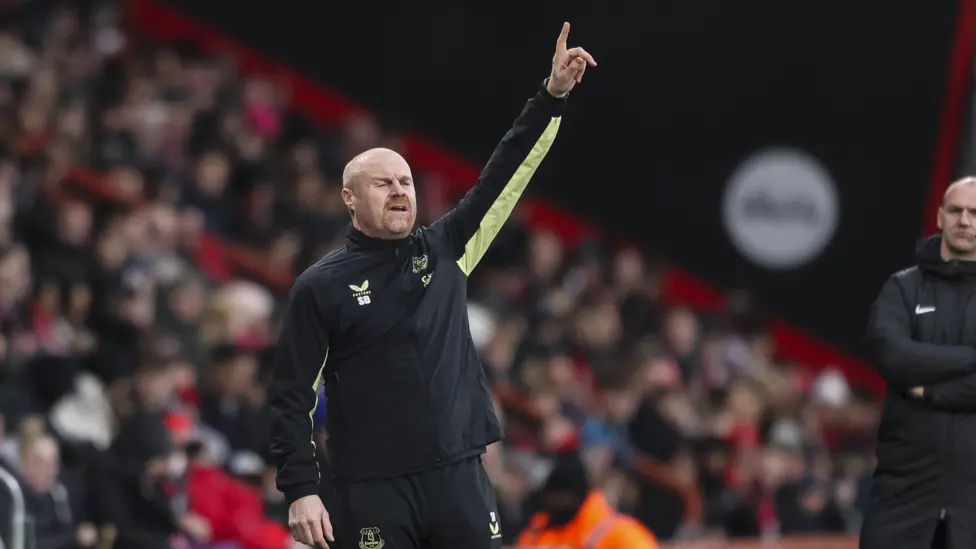
Is Sean Dyche the Right Man to Repair Nottingham Forest?
From Champions League dreams to a relegation fight — Forest turn to Dyche for stability
It was never meant to unravel like this for Nottingham Forest. Only a few months ago, they were dreaming of Champions League football. Now, as October sets in, Forest find themselves in the Premier League relegation zone — and on their third manager in just six weeks. The turbulence at the City Ground has been as dramatic as it has been self-inflicted, and the club’s latest SOS call has gone out to one of English football’s most recognisable no-nonsense figures: Sean Dyche.
Dyche, 54, has been appointed on a contract until 2027, replacing Ange Postecoglou, whose ill-fated 39-day tenure came to a humiliating end just 17 minutes after Forest’s 3–0 defeat to Chelsea on Saturday. The Australian’s dismissal makes him the Premier League’s shortest-serving permanent manager — a statistic that neatly encapsulates the chaos engulfing the club.
For owner Evangelos Marinakis, it’s a desperate attempt to steady the ship before it sinks further. Dyche, a Nottingham native and former Forest academy player, represents a return to pragmatism and structure after the brief but disastrous flirtation with Ange-ball. The question is whether the man who built his reputation at Burnley and rescued Everton from the brink can now repair the mess Forest find themselves in.
Dyche’s arrival: leadership, organisation, and honesty
Forest’s decision to turn to Dyche was less about style and more about substance. The club needed someone to bring back order, restore defensive discipline, and, above all, command respect in a dressing room reportedly fractured by Postecoglou’s short-lived reign.
“Sean is a leader of men,” said former England goalkeeper Paul Robinson, who played under Dyche at Burnley. “He walks into a room and everyone listens. He’s straight-talking, honest, and players appreciate that. He might not be fashionable, but he gets results.”
Robinson’s words echo what Dyche has built his managerial identity on: man-management and clarity. He’s never hidden behind tactical jargon or extravagant football philosophies. Instead, his approach is built on fundamentals — organisation, commitment, and controlled aggression. That’s exactly what Forest need right now.
The current squad, bloated by a £180 million summer spending spree that brought in 13 new players, has lost its sense of cohesion. Dyche’s immediate challenge will be to make sense of the chaos, find his core XI, and re-establish the defensive solidity that defined Forest under Nuno Espírito Santo last season.
Cleaning up after the Postecoglou experiment

Players must take responsibility for Postecoglou sacking – Yates Dyche
Forest’s bold gamble on Postecoglou — a manager known for his expansive, attacking football — was intended to be a statement of ambition. Instead, it became a cautionary tale. The Australian’s open style left defenders exposed, particularly centre-backs Murillo and Nikola Milenković, who looked uneasy in possession and uncertain without it.
Goalkeeper Matz Sels, last season’s joint winner of the Golden Glove alongside Arsenal’s David Raya, has yet to keep a clean sheet this campaign and was culpable for at least one of Chelsea’s goals in Saturday’s defeat.
Forest’s midfield, meanwhile, has been disjointed. Only Elliot Anderson has maintained consistency — leading the Premier League with 807 touches so far — but he’s the exception in a team that’s otherwise struggled for rhythm and identity.
The squad imbalance has also become glaringly obvious. Around £120 million worth of summer signings — including James McAtee, Dilane Bakwa, Arnaud Kalimuendo, and record buy Omari Hutchinson — were left out of the Chelsea matchday squad altogether. Dyche must now find a way to unify this fractured group and bring back a sense of purpose.
A squad crying out for discipline and belief
Dyche has long been associated with teams that punch above their weight. His Burnley side of 2017–18 famously finished seventh in the Premier League, qualifying for Europe for the first time in more than half a century. That campaign was a masterclass in team discipline, defensive structure, and sheer belief — all qualities Forest sorely lack at the moment.
At Everton, Dyche proved his ability to rescue teams in crisis, guiding them to 17th and 15th-place finishes while working under severe financial constraints. But now, at Forest, he faces a different kind of challenge: rebuilding confidence in a squad that was assembled with European football in mind, not survival.
“He doesn’t want to be typecast as a firefighter,” Robinson added. “This is his chance to be a builder. He’s got a talented squad and the potential to create something sustainable here. It’s a great fit — almost like a job he’s been waiting for.”
The numbers behind the fall
The statistics paint a worrying picture of just how far Forest have fallen. Their PPDA (passes allowed per defensive action) — a metric that measures how aggressively a team presses — has nearly doubled from last season, showing a side unsure when to engage or sit back. Their direct speed — how quickly the ball moves towards goal in possession — has slowed considerably, reflecting indecision and lack of confidence in transition.
In short, Forest have lost their identity. They’re no longer the compact, counter-attacking unit that troubled top teams last season, nor are they the high-pressing, possession-based outfit Postecoglou tried to create. Dyche’s task will be to bring clarity back to a confused system and restore the aggressive edge that once made Forest such a difficult side to beat.
Fans fear another fall into the wilderness
Among supporters, there’s growing unease that Forest could once again spiral into the kind of obscurity that defined their 23-year exile from top-flight football. The revolving door of managers — from Nuno to Postecoglou to Dyche in less than six weeks — has only deepened that anxiety.
Matt Davies, host of the popular Forest Focus podcast, summed up the mood perfectly: “It’s probably a dose of reality,” he said. “We came into the season with huge optimism after our best campaign in years, but now we’re staring at the relegation zone. It’s only eight games in, but this is a bad year to be bad — the promoted teams aren’t pushovers. One established Premier League side will go down, and if that’s us, the damage could be massive.”
That sense of fear runs deep. Forest fans remember the years of mediocrity and false dawns that followed their 1999 relegation. The thought of returning to that wilderness, especially after such heavy financial investment, is unbearable.
Can Dyche rebuild what Forest have broken?
Dyche’s first task will be psychological. This is a team low on confidence, high on uncertainty, and riddled with inconsistency. But if there’s a manager who thrives in those conditions, it’s Sean Dyche. His man-management skills, motivational energy, and tactical clarity are exactly what Forest need to rediscover who they are.
Whether he can turn them into Europa League contenders, as Postecoglou boldly promised, remains doubtful. But if Dyche can stabilise the defence, get the best out of creative sparks like Morgan Gibbs-White, Neco Williams, Callum Hudson-Odoi, and Elliot Anderson, and restore belief, Forest could quickly climb the table.
The bigger challenge will be cultural — bringing unity back to a fractured dressing room and convincing Marinakis to resist the temptation for more impulsive decisions.
The verdict: Dyche fits the job, but patience is key
Sean Dyche may not have been the glamorous choice. He won’t promise champagne football or sweeping tactical revolutions. But right now, Nottingham Forest don’t need that. They need resilience, structure, and leadership.
Dyche offers all three. He’s a local man who understands the club’s traditions, a manager with Premier League know-how, and someone who knows how to get players to fight for him.
Forest have tried ambition and idealism — it didn’t work. Now it’s time for reality. As Matt Davies put it: “If a dose of reality is Sean Dyche, then so be it.”
And perhaps, in that simple truth, lies Nottingham Forest’s best chance of survival — and redemption.






















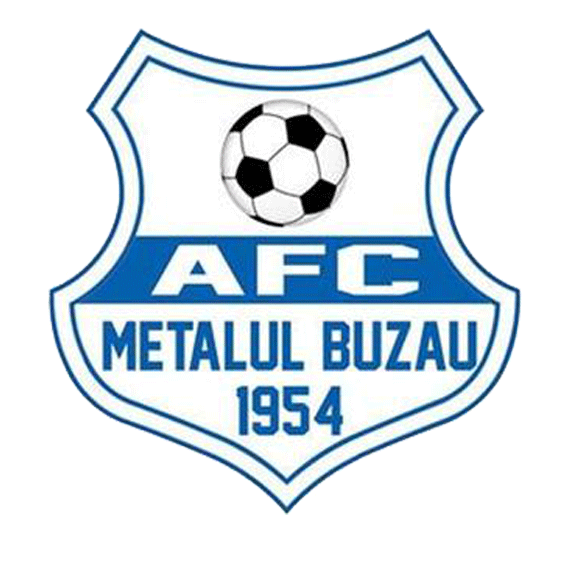





































































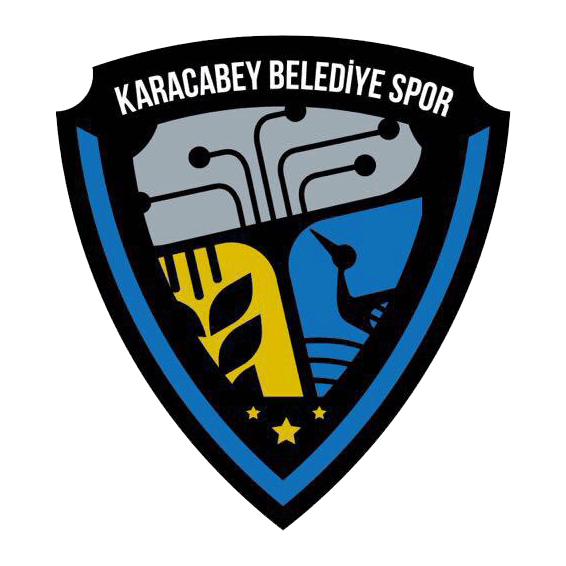








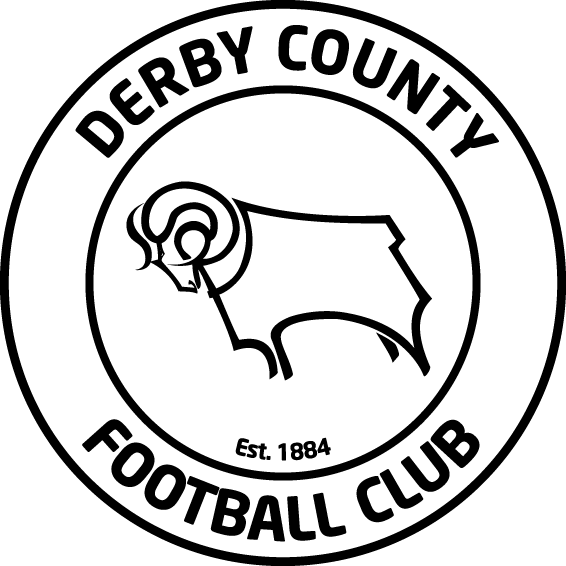







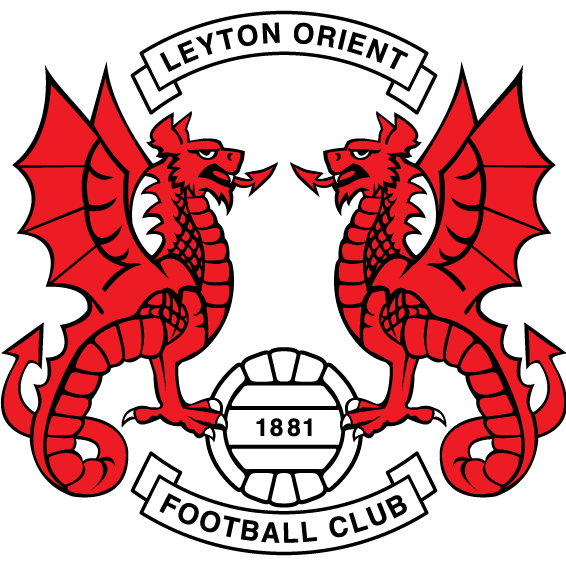










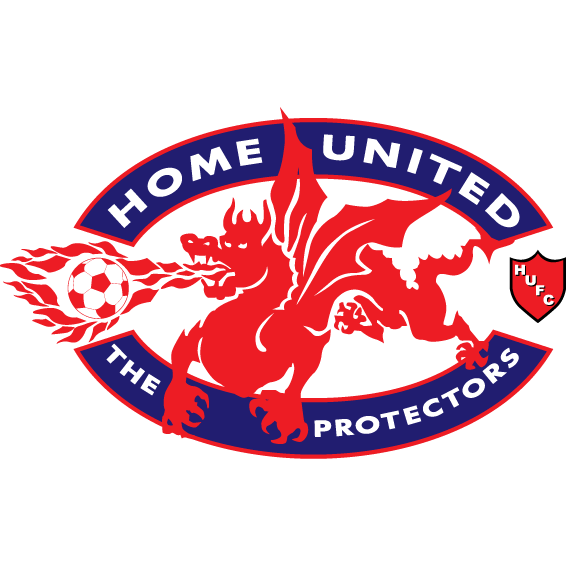



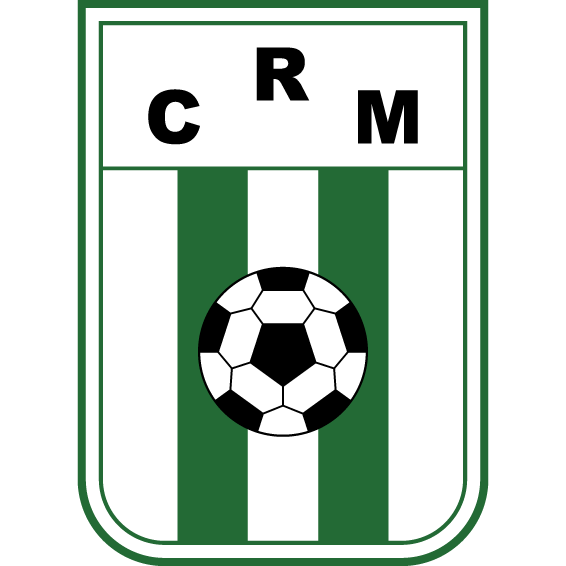























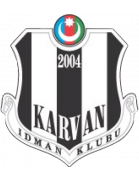







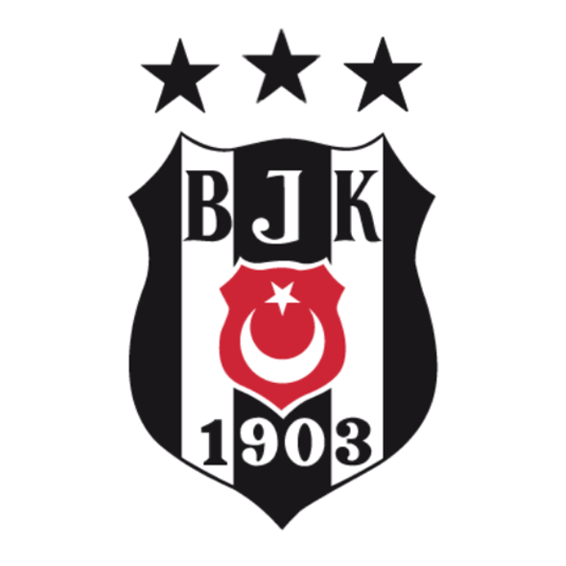


































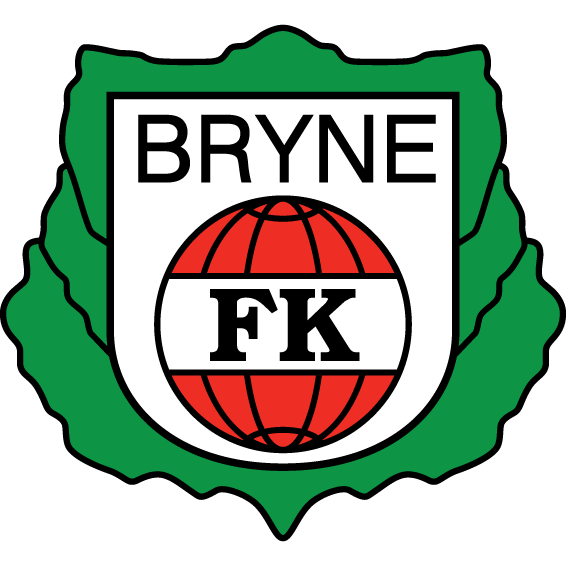




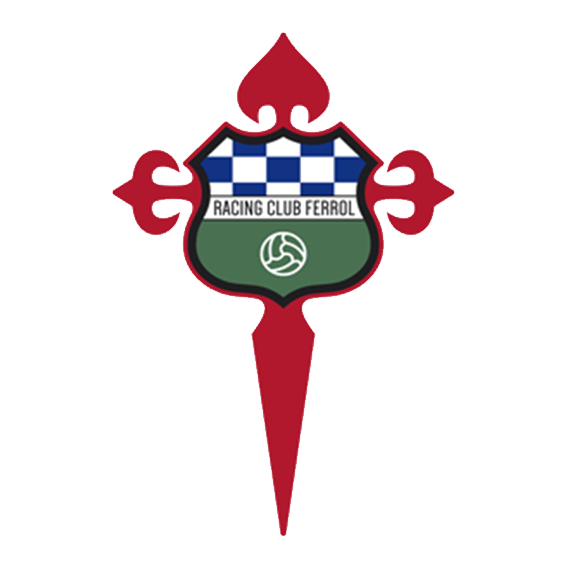









































There are no comments yet. Be the first to comment!